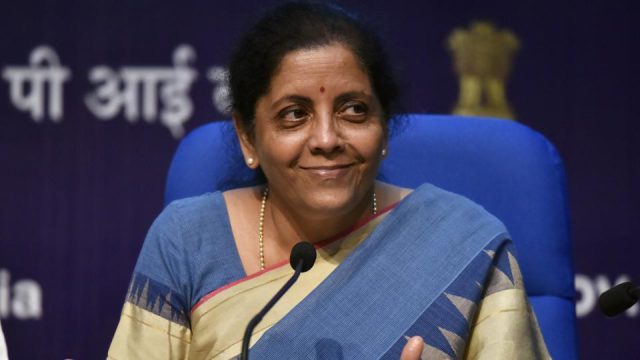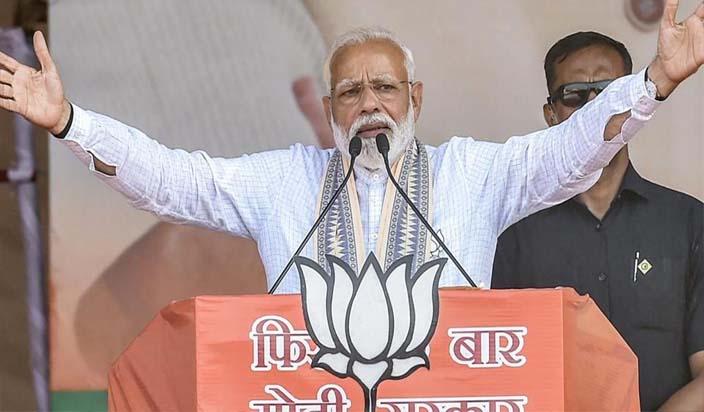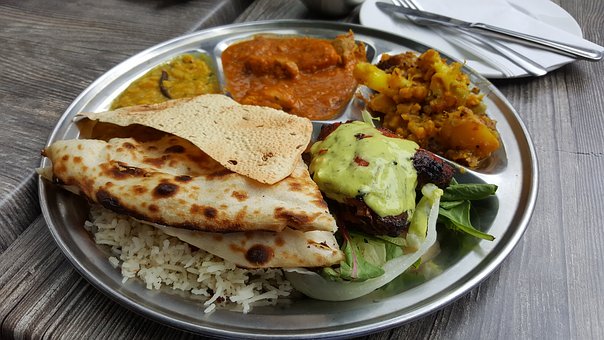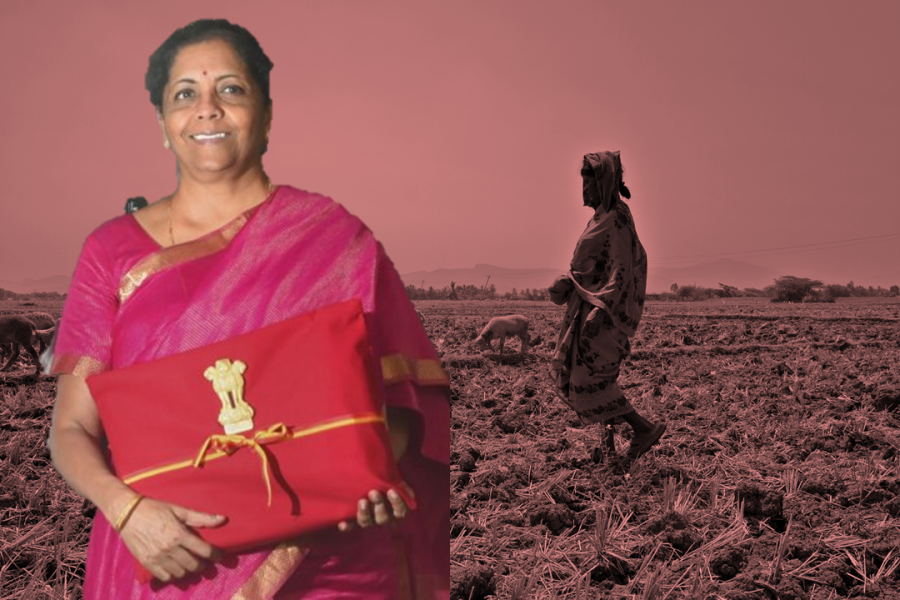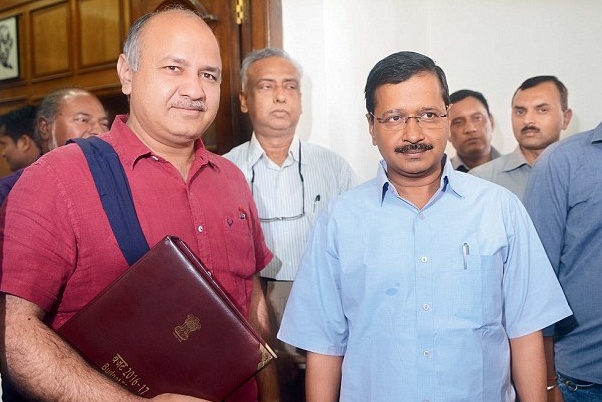The Finance Minister of India Nirmala Sitharaman is delivering her second Budget speech as part of Prime Minister Modi’s government having its second term. She started her speech by mentioning the fact that PM Narendra Modi had been chosen by the public through a massive popular mandate in May 2019. Then she highlighted the fact that this would be a Budget targeted at enhancing consumer spending and boosting income. She also reminded all present in the Parliament that from its very inception the main driving force behind the Modi government had been to serve the people of India with humility and dedication. She began her speech by listing the Modi government’s economic ‘achievements’. Among the list of other achievements she listed, she mentioned the teething problem of Goods and Services Tax. She also went on to highlight the pain this issues but did not speak enough abut the government’s biggest revenue problem associated with low GST collections this year. Sitharaman said that this year’s Budget was woven around three predominant aspects, these were-
- Aspirations of a new India(people want access to better education, jobs, healthcare)
- Reforms across the swathe of the economy, yielding more space for the private sector
- A ‘caring society’ that is much humane and passionate
The Budget this time around has massive allocations for the Jal Jeevan Mission and the agricultural and educational sectors FM Niramala Sitharaman asserted that the Budget was targeted to the ease of living of each and every citizen of India. She also called the Goods and Services Tax as a historic reform stating that it has helped the average households in the country to make more savings.
Nirmala Sitharaman said that in this year’s Union Budget, the Central government would provide Rs 99,3000 crore to the educational sector and said that the new education policy will be revealed soon. She also added that in 2020-21, 15 lakh farmers would be provided funds to set up grid connected 15 lakh solar pumps. Moreover, there would be an expansion of the Pradhan Mantri Kisan Suraksha Utthan Mahabhiyan(PM KUSUM) Scheme under which 20 lakh farmers would provided funds to set up sandstone solar pumps. This scheme was launched last year and Nirmala Sitharaman added that it had stopped the farmers from being dependent on diesel and kerosene and linked them to solar energy. The scheme also enables the farmers to set up solar power generation capacity and sell it to the grid. This according to her would enable farmers to gain income even from their barren lands.

